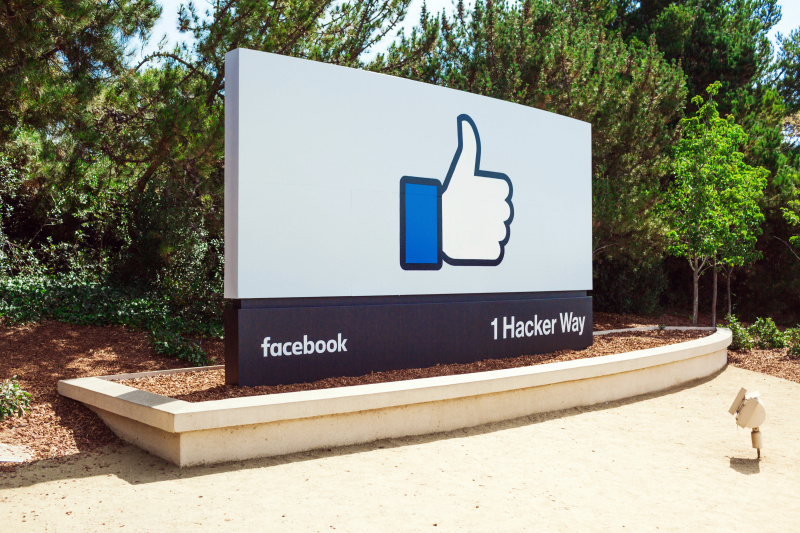 APPS
APPS
 APPS
APPS
 APPS
APPS
Facebook Inc. launched a Snooze feature today that lets users hide annoying friends and pages from their news feed for 30 days.
Snooze allows users to mute their Facebook friends without having to unfollow or unfriend them permanently. The feature will notify users when the 30 days are nearly up, allowing them to either extend the Snooze or let it expire. They can also choose to turn Snooze off at any time.
Facebook has always focused on getting people to communicate more – it even says so in the company’s mission statement – but the social network hopes that the Snooze feature will “give people more control over their feed and hopefully make their experience more positive.”
This is a timely sentiment for Facebook, since earlier this week the company had to defend itself from comments made by former Facebook exec Chamath Palihapitiya, who said that social media is “ripping apart the social fabric of how society works.”
“The short-term, dopamine-driven feedback loops that we have created are destroying how society works. No civil discourse, no cooperation, misinformation, mistruth,” Palihapitiya said in a speech at a Stanford Business School event.
Facebook responded with a vague statement the time, saying that it is “we are working hard to improve.” And Palihapitiya walked back his comments today, at least with regard to Facebook.
But the issue isn’t going away, so today the company elaborated on its stance in another of its “Hard Questions” posts today. Facebook claims social media is fine, but many people aren’t using it right.
“According to the research, it really comes down to how you use the technology,” wrote Facebook Director of Research David Ginsberg and Research Scientist Moira Burke. “For example, on social media, you can passively scroll through posts, much like watching TV, or actively interact with friends — messaging and commenting on each other’s posts. Just like in person, interacting with people you care about can be beneficial, while simply watching others from the sidelines may make you feel worse.”
Ginsberg and Burke said social media can have a positive effect on people when they use it for active interaction, such as sharing pictures, commenting on posts or chatting with friends. But passively consuming information from social media has the opposite effect.
“Though the causes aren’t clear, researchers hypothesize that reading about others online might lead to negative social comparison — and perhaps even more so than offline, since people’s posts are often more curated and flattering,” they said. “Another theory is that the internet takes people away from social engagement in person.”
Facebook said the new Snooze button is one way it is trying to make social media more positive by allowing users to hide the type of posts that they only passively consume, such as a distant friend’s vacation pictures. The company said it will continue to invest in new research and work on developing more features to help users get the most out of social media.
Support our mission to keep content open and free by engaging with theCUBE community. Join theCUBE’s Alumni Trust Network, where technology leaders connect, share intelligence and create opportunities.
Founded by tech visionaries John Furrier and Dave Vellante, SiliconANGLE Media has built a dynamic ecosystem of industry-leading digital media brands that reach 15+ million elite tech professionals. Our new proprietary theCUBE AI Video Cloud is breaking ground in audience interaction, leveraging theCUBEai.com neural network to help technology companies make data-driven decisions and stay at the forefront of industry conversations.